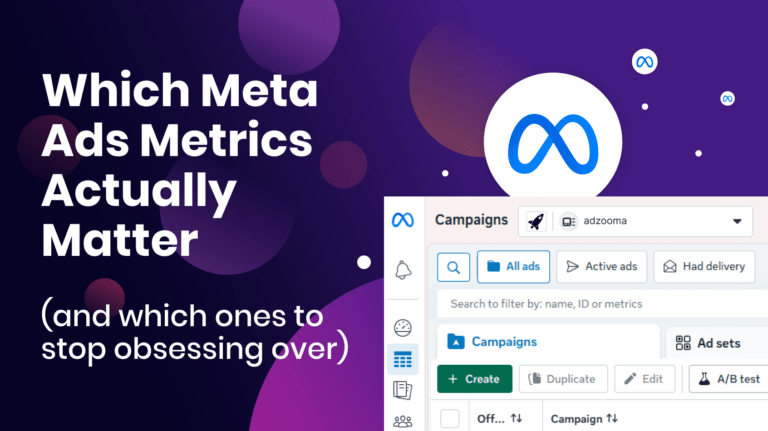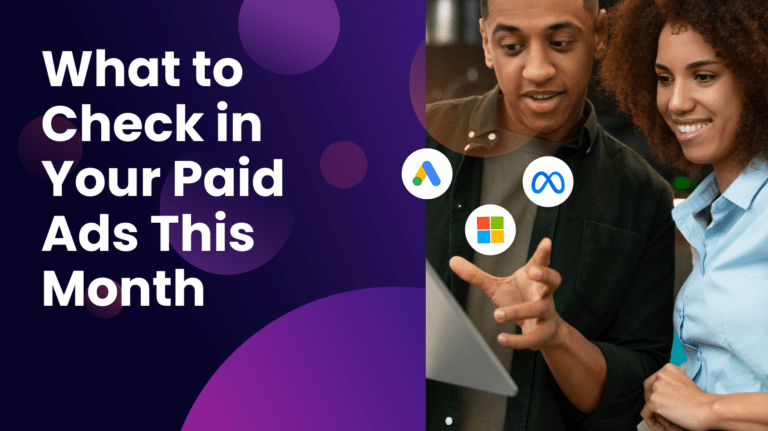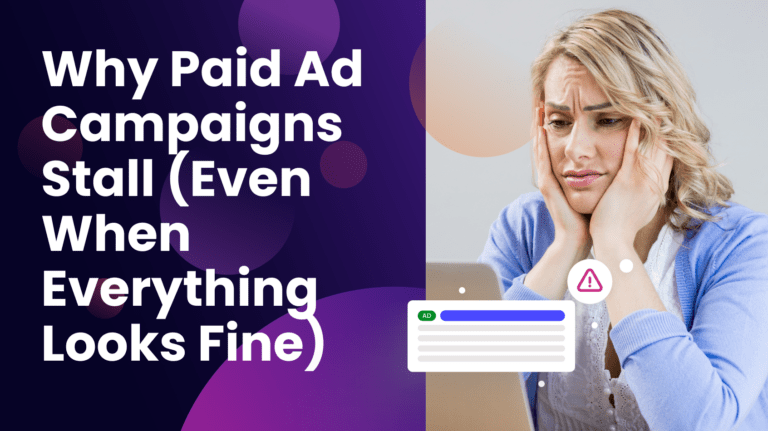TL;DR
- More data to be available to Google Ads users on their Smart Bidding performance
- All but 4 reports affected by conversion reporting bug fixed
- Microsoft adds dedicated shopping hub for Edge browsers
- Paid social smashes predicted performance figures
- Google Shopping competition increases
More data to be available to Google Ads users on their Smart Bidding performance
What: Google Ads will now offer more data insights into the performance of smart bidding. This will mean it’ll be easier to see how your campaigns are doing under this strategy as you’ll have access to the top bidding signals. These include device type, location, day of the week, time of day and keywords.
Why: Google is pushing advertisers into making the most of Smart Bidding. This increased transparency means that it looks more appealing than ever and makes it easier to make optimal changes.
The result: These top bidding signals may also combine to reveal bigger insights. Combined together, advertisers can glean precise information about the type of person who’s searching for a particular keyword, at a particular time in a particular location – valuable information
All but 4 reports affected by conversion reporting bug fixed
What: On November 20th, Google detected a bug which affected conversion reporting for campaigns that didn’t use last-click attribution. This was the case for just reporting, not smart bidding, but covered the timeframe between November 11th and November 20th.
Why: Whilst the bug is mainly fixed now, you may need to double-check any data you have collected for this timeframe to be sure it’s accurate.
The result: The problem is now resolved apart from for the Search Query Performance, Geo Performance, Keywordless Query and Keywordless Category reports. You should steer clear of collecting data from these as they’re still affected.
Microsoft adds dedicated shopping hub for Edge browsers
What: Microsoft has added a new feature for its mobile browsers: a shopping hub. Powered by Bing Shopping, this feature is currently only available in the US – but will be hitting the UK soon enough. The Christmas period will be a true test as to how useful this addition is for users.
Why: This continues the trend of Microsoft’s efforts to make voucher hunting easier for users. Their partnership with Honey earlier this year saw an integrated extension being added to their offering.
The result: First impressions show that the new shopping icon actually just opens up the Bing shopping page. Whether it proves to be more than a quick link to an existing page, time will tell.
Paid social smashes predicted performance figures
What: More than half of the $57 billion that US advertisers spend on programmatic digital display advertising in 2019 will go on social media ads. This way exceeds the predicted figures from earlier in the year.
Why: Social’s success is attributed to how widespread its reach is and how well you can identify audiences. This matters more and more in the face of increased privacy restrictions.
The result: Social media advertising was always going to be a big player in the landscape of programmatic advertising spend, but no one predicted numbers quite this big.
Google Shopping competition increases
What: Concerns over how fair Google Shopping is in terms of offering price comparison are coming to question again after new data reveals a more equal split between them and competitors on the SERPs.
Why: In 2017, Google was fined €2.4 billion by the EU for favouring its own price comparison service. It was ordered to open things up to the wider competition. Now, a new report shows that 50% of Google shopping ads in the UK, Germany and France are placed by external providers.
The result: Whilst the share of shopping ads has increased, it is not yet known whether this will satisfy the EU regulators. There are some doubts surrounding the quality brought by the new traffic and only 13.8% of the comparison ads can be considered real rivals to Google Shopping.
Other hot topics of the week include:
- The pressure increases on Facebook to not follow Google’s policies on political ads. The support for not limiting how political campaigns target people is based on the ability to reach unregistered voters.
- The BBC complains to the Conservatives over a paid Facebook ad which they claim distorts their image. The video campaign features journalists reading quotes from the PM but the editing makes it appear as though they could be their own opinions.
- Google allows unlabelled political ads to appear on SERPs without declaring who paid for them. This means that highly partisan ads can be found without people knowing who they created by.



